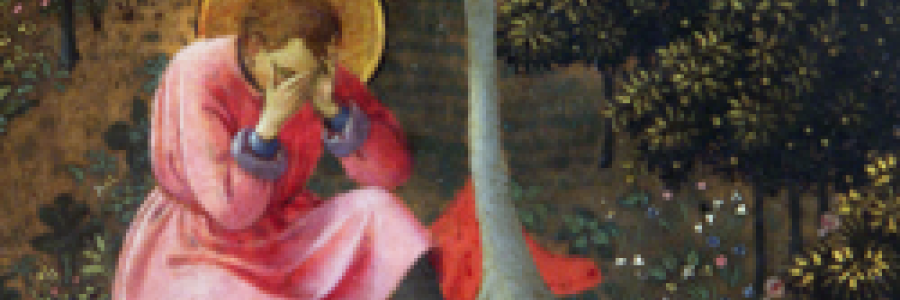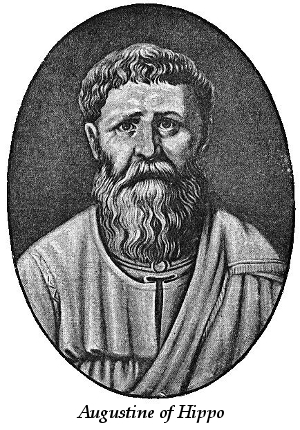Have you met Augustinus Aurelius? If not, you really should. If so, you likely love him or hate him; but either way, you realize he wields considerable influence upon every inhabitant of the Western Hemisphere. The Latin influence upon our languages owes much to him, as does our philosophy of international relations. The Roman Catholic Church and the Protestant Reformers each drew heavily from his writings in their history-altering contentions with one another. To our day, scholars carefully consider his insights on a plethora of philosophical and theological questions that shape our culture and self-understanding. He wrote so deeply and penetratingly that his insights are part of the warp and woof of Western identity.
Augustine, as he came to be known, was born in AD 354 in modern Algeria. His father, Patricius, was a pagan and minor Roman official; his mother, Monica, a devout Christian. Young Augustine was, by all accounts, a very bad boy.
Recognizing their son’s intellectual brilliance, his parents arranged for the finest classical education. Augustine eventually landed in Carthage—the cultural and economic centerpiece of northern Africa. Reared by a father driven to see his son succeed, but disinterested in moral training, young Augustine pursued sensual pleasures with near abandon. “In Carthage,” he wrote, “a cauldron of unholy loves was sizzling and crackling around me.” Glutting his every sexual urge troubled his conscience. Yet he characterized his prayers to his mother’s God during these years as: “Lord, give me continence and chastity, but not now.”





Discussion